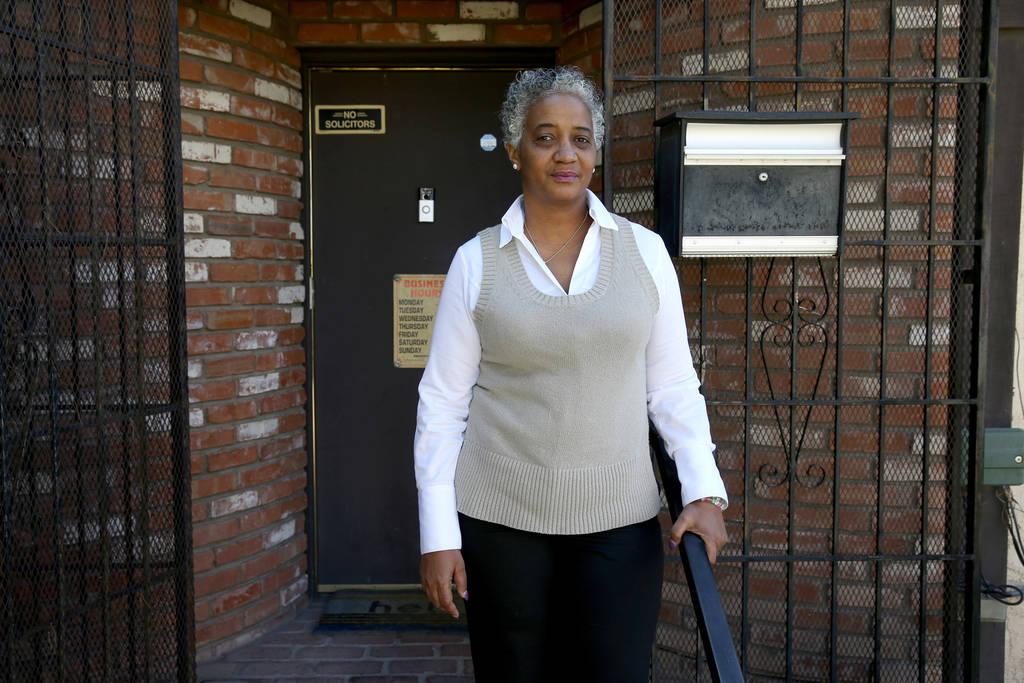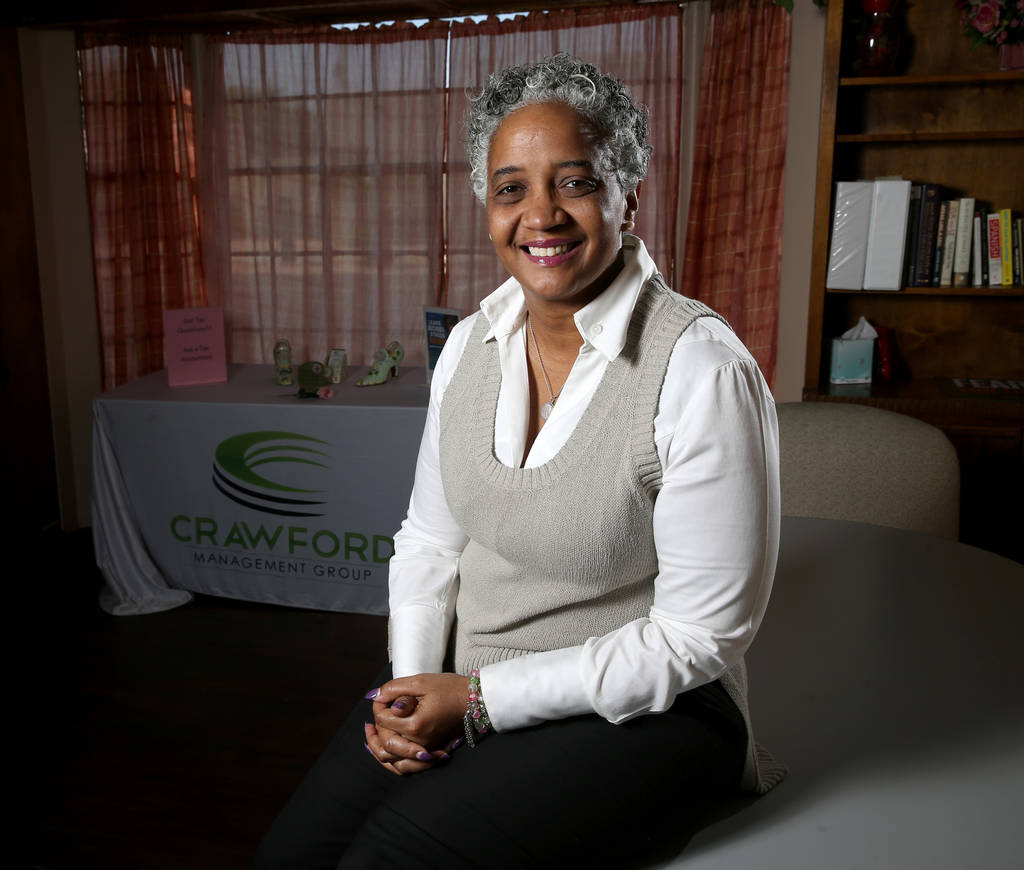Nevada business owners ‘desperate’ as federal funds vanish
The $349 billion in federal funding for cash-strapped small businesses has dried up in less than two weeks.
Administered by the Small Business Administration, the Paycheck Protection Program rolled out April 3. As of Thursday, new applications are not being accepted due to a surge in demand from businesses seeking financial relief following the coronavirus pandemic.
Debate between congressional leaders and the Trump administration on funding restrictions has caused delays in approving an additional $250 billion.
Meanwhile, Nevadans like Vincent Fried, an independent contractor and Las Vegas-based nail technician, say they are desperate.
“The last time I was paid was March 18,” Fried said. “It’s getting really scary. I don’t know any independent contractor who has gotten (this) loan. I still haven’t got my unemployment.”
The Paycheck Protection Program was created as part of the federal stimulus package and offers loans of up to $10 million to small businesses and independent contractors to cover eight weeks of payroll costs and other expenses, within certain limitations. The funds are dispersed on a first-come, first-served basis by banks already participating in SBA lending programs, including major banks such as JPMorgan Chase and Bank of America.
But even when the program was active, many, like Fried, found it difficult to navigate the application process and find a lender.
Moving target
Leaha Crawford, founder of Las Vegas-based accounting and tax service company Crawford Management Group, said the “third time was a charm” when she applied for the loan program at Bank of America.
“It is very confusing … and it’s (time) consuming because you’re getting so much information,” she said. “I know there’s webinars, but as a business owner, you’ve got to read the information yourself.”
Crawford said she’s now helping other businesses, including her own clients, figure out how to apply.
Business owners say confusion about the program has revolved around figuring out eligibility requirements, determining the funding amount and finding a participating lender, along with figuring out the lender’s separate requirements for applicants.
“They (SBA) make it seem a lot easier than it is,” said Urban Nest Realty Owner David J. Tina. “It’s like submitting an entire file for a loan. I needed W2s on all my employees for the last year — just a ton of stuff.”
Tina handed his bank, City National, as much paperwork as he could quickly gather a day before the application period opened.
“I gave (the bank) as much paperwork as I could before they even needed it … because if you wait, you’re done,” he said, pointing out he is one of two CEOs who were able to successfully apply in a 15-member executive group he is a part of in the Las Vegas Valley.
Urban Chamber of Commerce President Kenneth Evans said it’s important to keep in mind how quickly the program was put together.
“That’s part of the challenge — you’re trying to access a program that is steadily evolving,” he said.
On Thursday alone the SBA released two separate updates on guidelines for the Paycheck Protection Program within five hours. More updates are likely to come as the debate on Capitol Hill continues over additional funding.
Last straw
Talk of the program reaching capacity started soon after the SBA reported giving more than 1 million approvals by Tuesday at a value of about $247.5 billion.
Nevada had 4,209 approved loans with an estimated value of $1.3 billion, according to the SBA.
Nationally, the overall average loan size is just under $240,000, with the construction and professional, scientific and technical services industries, as well as health care and social assistance, receiving a significant share of approvals.
With the program on hold, local companies are left wondering whether they will be able to survive, according to Lydia High, founder of accountancy firm Precise Business Management and a business finance instructor at UNLV.
“I have clients sending me emails, ‘Lydia, I am worried. I don’t know if I’ll be able to reopen at this point,’ ” she said. “It is critical for some of these small businesses, especially that are less than five years old. They are in dire need of these funds.”
Contact Subrina Hudson at shudson@reviewjournal.com or 702-383-0340. Follow @SubrinaH on Twitter.
























